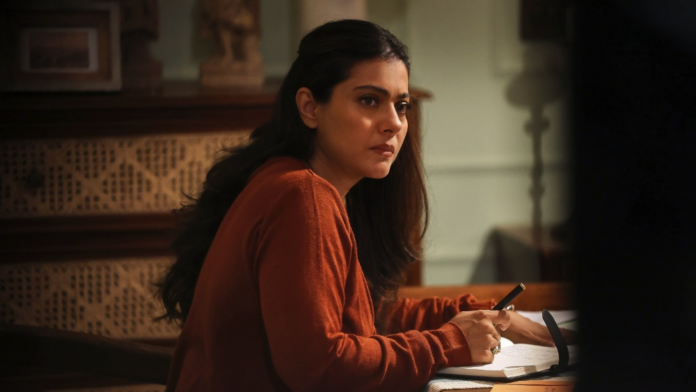A panel of leading television executives and creators at Film Bazaar discussed the intricacies of adapting international series for Indian audiences.
Banijay Asia’s Mrinalini Jain said that successful adaptations require more than simple translation. “There is a very fine line between translating a format and transposing it, and transposing is where the magic happens,” Jain said, citing how “The Good Wife” was reimagined as “The Trial” with two daughters instead of a son and daughter to explore different emotional dynamics within an Indian family context.
Creator Suparn S. Varma (“Ray Donovan” adaptation “Rana Naidu”) pointed out that not all international hits translate effectively to Indian screens. “Every story doesn’t translate. For example, someone offered me ‘Peaky Blinders.’ I love ‘Peaky Blinders,’ but it doesn’t translate into an Indian show because it’s so ingrained in the ethos of the culture there, society there [U.K.], that you can’t just translate that and transpose it in the Indian milieu, it won’t work,” Varma said.
Actor-producer Kirti Kulhari shared insights from her experience leading “Criminal Justice: Behind Closed Doors,” revealing she initially avoided watching the original BBC series. “I can stay where I am, create a distance between me and the character, still feel that as deeply and still retain myself,” Kulhari said, describing how she navigated the emotional demands of her role while maintaining personal boundaries.
Popular on Variety
BBC Studios India’s Sameer Gogate explained how they adapted “Press” into “Broken News,” transforming British tabloid culture into contemporary Indian broadcast journalism. “The moment we felt that we would get the tabloid culture into truth versus sensationalism, which is happening on [Indian] prime time, we knew we found the core of the show,” Gogate said.
The panel explored how emotional expression varies across cultures, with Gogate noting that adapting “Doctor Foster” as “Out of Love” required careful consideration of how Indian characters display emotions. He recounted how their British writer insisted that the main female character shouldn’t cry upon discovering her husband’s infidelity, maintaining the strength of the original character.
Format owners have been supportive of cultural adaptations, according to the panelists.
Looking ahead, while Indian television shows are already finding audiences in markets like Indonesia – where they comprise nearly 45% of some networks’ programming through dubbed versions, as Jain said – the panelists suggested the industry’s current focus remains on serving the domestic market.
The discussion highlighted how India’s creative talent pool continues to expand, particularly following COVID-19, with stories now being sourced from literature, folklore, and creators across all states.
Film Bazaar (Nov. 20-24) is the project market component of the International Film Festival of India (IFFI, Nov. 20-28) in Goa.


